Exclusive interview with Savvas Kalenteridis regarding the Ocalan case
Exclusive interview with Savvas Kalenteridis regarding the Ocalan case
- Date: February 18, 2021
- Categories:Interviews

- Date: February 18, 2021
- Categories:Interviews
Exclusive interview with Savvas Kalenteridis regarding the Ocalan case
On February 15, 1999, a black page was written in history. The Greek political system, and in particular the officials of the Simitis government, handed over without a fight, the Leader of the Kurdish People, Ocalan, to the Turkish fascist regime.
We asked Savvas Kalenteridis, one of the protagonists of the events of the time, to tell us about the case.
Mr. Kalenteridis, your book on the Ocalan case is entitled, "The Betrayal of Ocalan: the moment of truth". Was it really a betrayal and why? Who and why did they betray Apo?
Yes it was a betrayal and this is proven in the book.
There has been no responsibility for the betrayal of Ocalan, and the reason is because the politicians have learned how to cover each other's actions, because "crows will not pick out crows eyes". I hope that at some point History will held into account the people who were responsible.
As far as Greece is concerned, in my opinion the responsibilities are divided between two groups. The first is the group of politicians who brought him in, without having previously ensured that his arrival would not create conditions that would force the government to "comply" with US advice. They brought him in, a decision that was well known by Russia, Turkey and the United States, and left him in the hands of the government.
So those politicians who brought him in are part to blame and I emphasize these politicians, because they took great care to hide themselves, and to deny the heavy responsibilities they have for the betrayal of Apo.
The second group is that of the government agents. The Prime Minister Mr. Simitis, and the group of four who handled the case, after the arrival of Ocalan in Greece, namely the Minister of Foreign Affairs, Theodoros Pangalos, of Interior, Alekos Papadopoulos and of Public Order, Filippos Petsalnikos, have the biggest responsibility for handing over Ocalan, because they are institutionally and legally responsible for what happened. The others, acted behind the scenes and can hide. These four can not.
Do you think that the people who were to blame were held accountable after the case? What could the Greek state have done differently?
As I said above, substantial responsibilities were not assigned to those who were to blame, although a parliamentary committee of inquiry was set up for that reason. There was an attempt to cover up the responsibilities of both those who brought Ocalan to Greece and those who handed him over.
There were the resignations of the three ministers I mentioned above, but they were made to appease public opinion and not to really hold them accountable.
As for what the Greek state could have done differently, it could do everything else except from what it did or anything else that could lead to the surrender of the Kurdish leader. Others will push you to do something, only when you have already given signs that you are willing to give in.
If the US knew that their request would fallen on deaf ears and that no Greek government would ever hand over a man - let alone the leader of an allied people - seeking asylum, to its executioners, they would not even ask. They would look for another solution, apart from asking for his betrayal. And there were indeed other solutions to avoid his surrender, without Greece being put in a difficult spot in regards to Turkey.
How do you evaluate the Greek-Kurdish relations in the last 20 years?
Greek-Kurdish relations have been almost frozen since Ocalan was handed over to the Turks.
On the one hand, the Kurds are waiting for a sign of self-criticism and atonement from the officials of the Greek state, something that has not happened so far.
On the other hand, the Greek state not only does not express its regret for the surrender of Ocalan, but maintains an absolutely phobic attitude towards the Kurdish Issue in general, and not only towards the PKK, fearing Ankara's reaction. It is what we call here in Greece, "their mouth was burned by milk, and now they have to blow before they eat yogurt".
Not to mention the unbelievable and unacceptable cooperation of one specific Greek government with the Turkish state, which, according to Kurdish complaints, ordered Greek public services to hand over Kurdish fighters crossing the border of Evros from the Turkish side to the Greek side, back to the Turkish authorities. And we are talking about dozens of such cases.
What results can a Greek-Kurdish strategic alliance bring?
The Kurdish factor is the one that will judge the balance of power in the region, in the 21st century.
Forty million Kurds are too many to continue to be denied, to "hide" them, to torture them, to violate their rights by the four host countries, namely Iran, Turkey, Syria and Iraq.
In Iraq, the Kurds have already secured their constitutional rights, but they still have a long way to go to break the grip of Baghdad, Ankara and Tehran.
In Syria, the Kurds have created a de facto autonomous administration and it remains to be seen whether it will be enshrined in the new Syrian Constitution. It is normal for this process of gaining autonomy to also continue for the Kurds of Turkey and Iran. It remains to be seen whether these autonomous states will work among themselves to create a Greater Kurdistan. This is the normal flow of things, the course and speed of which will depend on the plans of the great powers and the geopolitical situation.
However, if this prospect holds true, the Kurds, in addition to occupying an area of exceptional geopolitical and geostrategic value, will also have control over huge oil and gas reserves and the largest water reserves in the Middle East.
This, combined with the fact that the Kurdish people consider us Greeks to be their "kin", possibly more than any other people, show us the way.
Of course this will be the case, only as long as our politicians and those who determine our foreign policy and the course of the country are willing and capable to see and understand all of this.


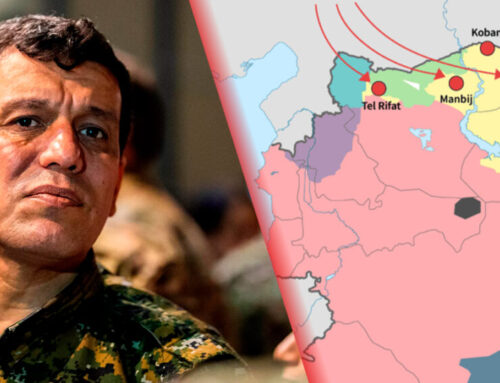
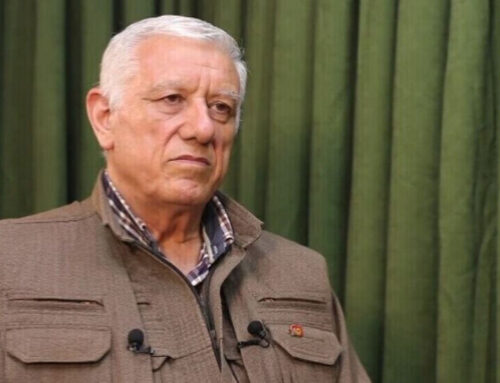
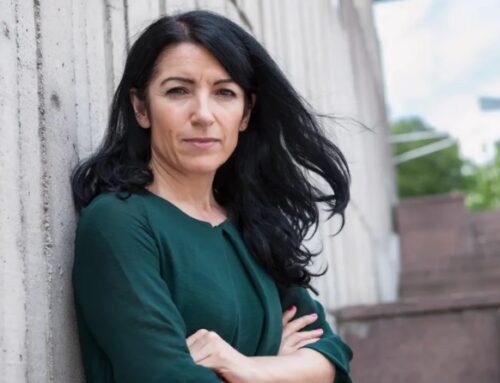
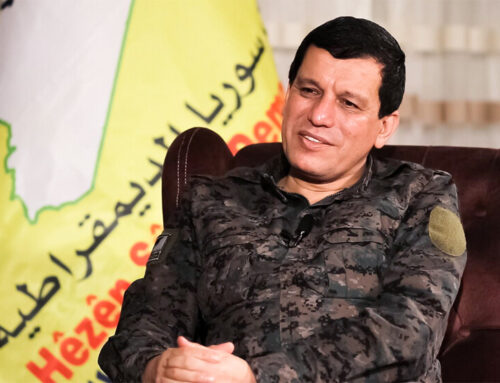
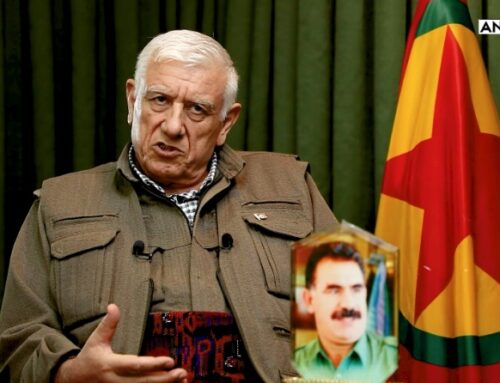

Leave A Comment